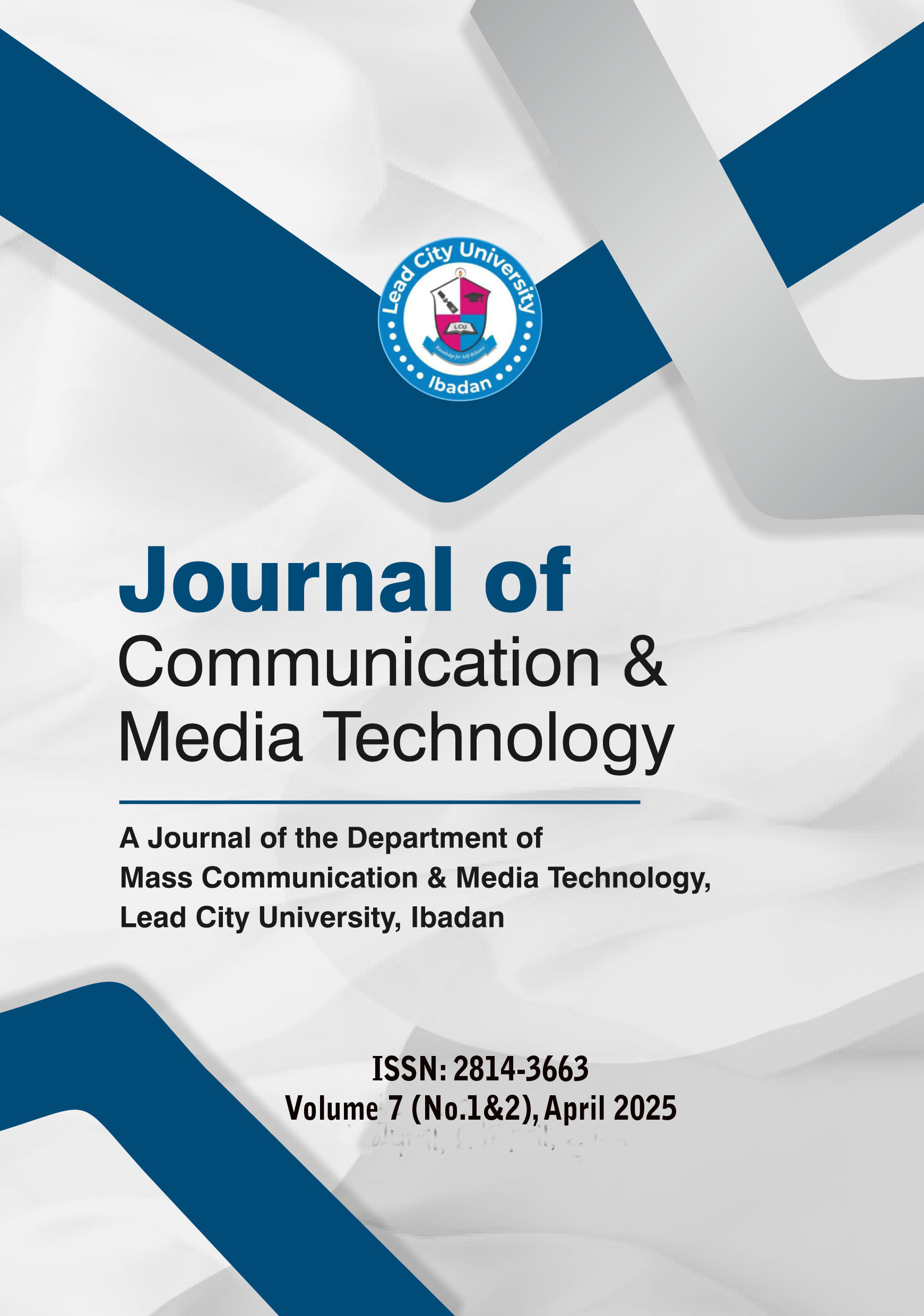Influence of Social Media Influencers on Youth Culture and Identity
Keywords:
Social Media Influencers, Youth Culture, Identity Development, Nigerian Youths, Digital MediaAbstract
The emergence of social media influencers has transformed the way
youths engage with culture, identity, and self-expression in the digital
age. In Nigeria, platforms such as TikTok, Instagram, YouTube, and X
(formerly Twitter) have become dominant spaces where influencers
actively shape youth fashion, values, aspirations, and behaviour.
Despite the increasing visibility and authority of influencers in
everyday youth life, scholarly attention to their impact on identity
development within the Nigerian context remains limited. This study
investigates the influence of social media influencers on youth culture
and identity among students of Lead City University, Ibadan. Grounded
in theories of social comparison and identity construction, the research
explores the positive and negative psychological, cultural, and
behavioural outcomes associated with influencer engagement. Using a
descriptive survey design, data were collected from 300 students
selected through stratified random sampling across all faculties and
academic levels. A structured questionnaire was used to capture
students’ experiences, preferences, and perceptions regarding
influencer content. Data analysis was conducted using descriptive
statistics and Chi-square tests at a 0.05 significance level. Findings
reveal that fashion, lifestyle, and comedy influencers are the most
followed among Nigerian youths, and that influencers significantly shape self-perception, lifestyle preferences, cultural orientation, and
self-esteem. While many students report being inspired and informed
by influencers, others noted feelings of pressure, self-comparison, and
exposure to unrealistic standards. Hypothesis testing confirmed a
statistically significant relationship between influencer engagement
and youth identity, leading to the rejection of the null hypothesis. The
study concludes that social media influencers play a dual role as
cultural educators and behavioural models, with the capacity to both
enrich and distort youth identity. It recommends enhanced media
literacy, responsible content creation, and further interdisciplinary
research to guide healthier digital interactions among Nigerian youths

